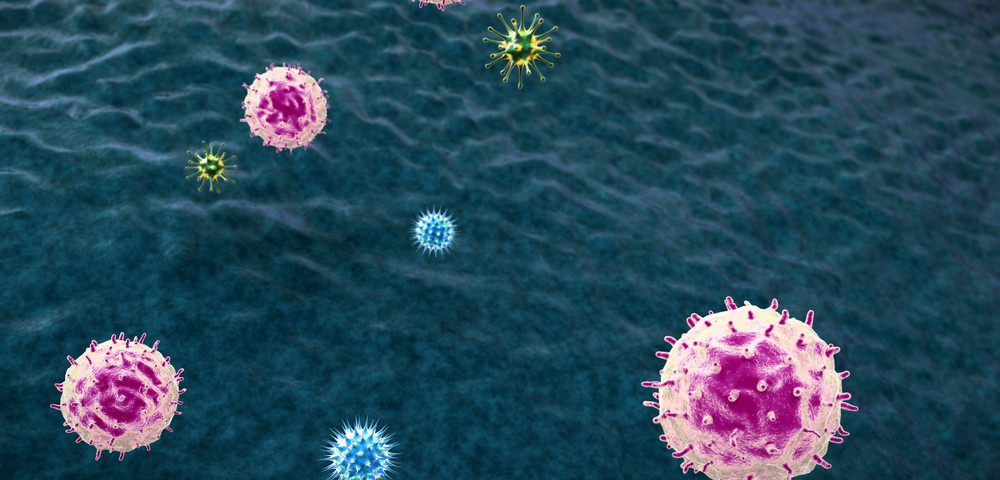In a new study entitled “NADH oxidase-dependent CD39 expression by CD8+ T cells modulates interferon gamma responses via generation of adenosine,” a team of researchers shed light on the role of the ecto-enzyme CD39 on immune cells and its regulatory action in inflammatory bowel disease (IBD). The study was published in the journal Nature Communications.
IBD, including Crohn’s disease, is an immune disorder characterized by an excessive response of a particular group of immune cells called T cells. A specialized group of T cells known as CD8+ T cells release high amounts of pro-inflammatory cytokines, including IFN-gamma, and were recently shown to play an important role in IBD pathogenesis.
In this new study, a team of researchers at Beth Israel Deaconess Medical Center (BIDMC) continued their previous studies on an enzyme called CD39, a highly represented ectonucleotidase in immune cells. The function of CD39 as an ecto-enzyme is to cleave extracellular ATP and ADP (both potent activators of immune cells) into AMP, and then convert to adenosine, an immunosuppressive molecule, as Simon C. Robson, MB, ChB, PhD, Chief of the Division of Gastroenterology at BIDMC and Charlotte F. and Irving W. Rabb Professor of Medicine at Harvard Medical School explained in a press release, “Adenosine triphosphate, or ATP, is the energy currency in all cells and is essential for all cellular metabolic processes. However, when ATP or related purines are released from cells or platelets — as might occur in the case of vascular or tissue injury — this process triggers inflammation and causes immune cells to become activated.”
The research team investigated the role of CD39 in a specific group of immune cells, the Type 1 CD8+ (Tc1), characterized by releasing high amounts of IFN-gamma and hence considered to participate in IBD pathogenesis (together with CD4+ T cells). The team discovered that the generation of reactive oxygen species (ROS) together with IFN-gamma release induces the expression of CD39, and that this upregulation inhibits interferon gamma production in the nearby population of CD39-CD8+ T cells.
The findings shed light on the function of CD39 and on its immunosuppressive role, as Dr. Robson noted, “In general, expression of CD39 is regulatory and anti-inflammatory with salutary effects in acute inflammation. This ecto-enzyme has the capacity to regulate the immune response, whether expressed on the endothelium lining the blood vessels or immune cells.”
Dr. Robson concluded, “We have now shown that modulation of purinergic signaling is applicable not only to CD4 T cells but also to CD8 T cells. Our studies to date suggest that strategies to regulate purinergic signaling and boost adenosine generation would ameliorate inflammation, as well as Tc1 immune responses in patients with interferon-gamma-dominant diseases, such as Crohn’s disease.”

